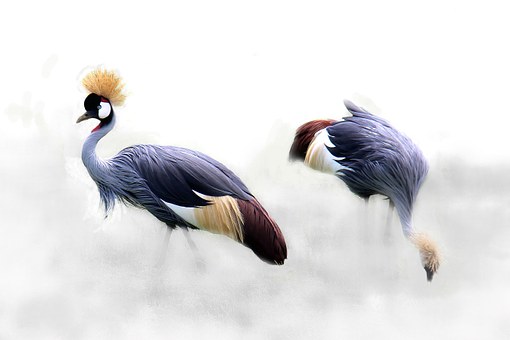
30 May When relationships blow up [this is the research that helps me]
Sometimes it happens. Relationships blow up.
We get triggered and make a mess of things.
That certainly happened to me recently. I didn’t mean for it to happen (we never do, generally).
The trigger snuck up on me, hijacked me and threw my friend and I into disarray.
What helps navigate the turmoil?
- More of the good, please. John Gottman’s research indicates that we need a 5-to-1 ratio of good things to bad things for any relationship to work. When I took his training many years ago I found this little statistic so helpful. I focused on noticing and developing the good things more than the bad. Five times more to balance out the one yucky thing.
- Attachment theory and meditation skills have taught me invaluable skills and perspectives
- Mistakes arise as guidance – not as means to shame and humiliate us. Many who haven’t had secure life experiences didn’t get this valuable skill (I’m in that subgroup). Karlen Lyons-Ruth developed an approach of collaborative communication with mothers and children. One of the key components is that the parent is interested in the child’s development, breaking down tasks into tiny, baby steps that help the child take developmentally appropriate steps to getting the task done.
- Conflict is a necessary part of development. As Ed Tronick, the infant researcher, tells us: stress creates character. Most of us run as far away as we can from conflict, avoiding it at all costs. Yet, conflict can give us the painfully necessary sandpaper to smooth our rough edges. [Caveat: we have to keep in mind Gottman’s 5-to-1 ratio!!!]
- Repair allows relationships to deepen, strengthen and even flourish. Kristen Neff and Chris Germer speak about the common humanity that is our suffering.
- Developmental skill of being an adult: taking full responsibility. We all rail against this. We all get upset when there are relationship upsets. Maybe you’ve said something like this: “Why do I have to do all the work?” or “This isn’t fair!” or “So-and-so isn’t doing their part.” Paul Gilbert, who developed Compassion Focused Therapy, reminds us, “it’s not your fault – but it is your responsibility.”
Meditation and yogic practices also help us steer a course through the messiness of life:
- Mindfulness helps name what is going on, keeping me closer to the present moment instead of going into a shame spiral
- Concentration keeps us focused on the commitment to finding a nourishing way through the storm instead of getting dragged into the triggers
- Self-Compassion gives a softer landing, guiding me to see our common humanity even in difficult connections
- Non-dual practices allow us to hold everything in larger awareness, decreasing the stress and tension of the moment
When I was recently triggered, these practices were there for me even during the mess and certainly in the reflection and repair afterwards.
The years of training, practicing being non-defensive, looking at my own parts, and the places I get triggered: those were all there creating a context and providing a pathway.
I trusted the years of friendship; knowing that through the stress, we’d be able to forge a stronger bond.
The practices helped me look at myself, see what was loaded into my reactions, and reach out …not only apologizing but looking for ways to repair by listening, taking responsibility, and feeling the vulnerability of all involved.
As hard as it is, having practiced these skills over time allowed me to feel the shame without being caught in a shame cycle.
I could feel the remorse, awaken even deeper into a humble heart, learn what I could about my own history and how that hijacked the present; ultimately, I was able to integrate the past and create a doorway into a more nourishing future.
oh, all is well with my friend. We've worked the issues though, learning and growing individually, while the friendship is stronger.

